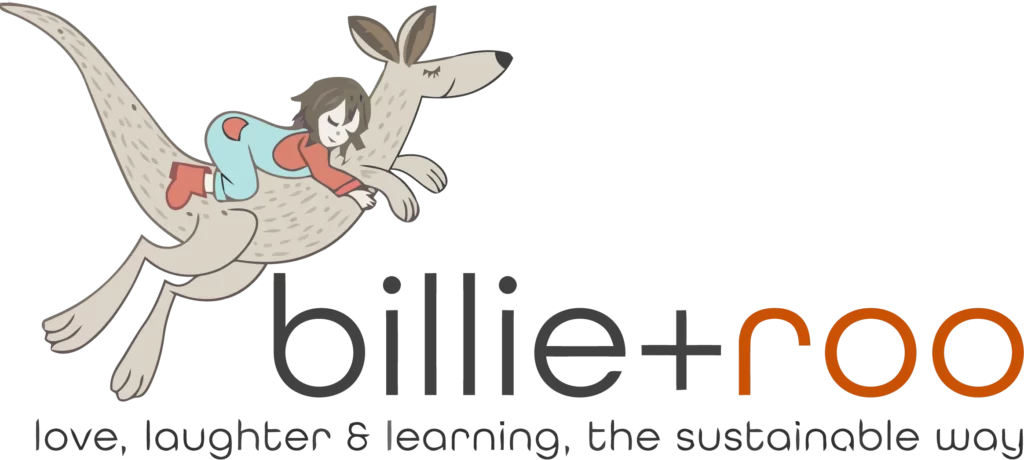In recent years, print books have seen a resurgence, and for good reason – they have been shown to be better for your brain and health than e-books. Apart from the strain on our eyes (that already probably see too much screen time), e-books offer greater distractions and take away that wonderful tactile experience of a print book. Seeing and feeling how much progress you’ve made in the story, by virtue of the waxing and waning of pages on either side of the book, can help readers feel like they’re unfolding the story—both literally and figuratively. Studies have shown that it allows them greater empathy, immersion in the book, and understanding of the narrative. Plus, with a print book, it’s easier to go back and confirm information you may be unsure of without losing your place and having to scroll or click back on your mobile device or tablet. A study of young children between the ages of three and five revealed that kids had lower comprehension of the story when their parents read to them from an e-book as opposed to a print book. Researchers theorize this arises because children get distracted by the electronic device and have a harder time focusing on the story itself. Students who have books at home are more likely to score higher on tests, according to another study of readers from 42 countries. It doesn’t matter how many books you have, but each additional book helps children perform better in school. This is especially true for children from disadvantaged families. Researchers believe this is because having books at home encourages children to read for fun and talk to their parents about what they’ve learned, which only stands to benefit them in the classroom. When you’re winding down for the night, reading from a screen or scrolling through a social media app on your phone are bad ideas. Study after study has shown that the blue light from your screen can toy with your melatonin levels and circadian cycles, making it harder for you to fall asleep and making you feel groggier when you wake up. In general, though, the engagement and brain activity that come with reading can help you drift off to sleep when you’re having trouble. So, if you’re hoping to get a good night’s rest, stick with print. Studies have also shown that books can make us happier, inspire us to travel, and encourage us to make life-changing decisions. And we all know just how relaxing it is to curl up with a good book. In this fast-paced world, this is a wonderful stress relief technique that will do wonders for your health. So don’t feel guilty the next time you spend a little more than you’d planned on books: science says it’s good for you. Source (part): mentalfloss.com
Turn nightmares into magical dreams by setting the scene in your child's bedroom with one our stunning nightlights. As a sleep aid or just a gorgeous piece of decor, your child will love this addition to their room (not to mention the fun to be had with their very own remote control!).
With the added bonus of being able to set your nightlight to emit just red light, you can rest reassured this light won’t interfere with your little one's circadian rhythm and melatonin production (as blue light does) but, instead, create a calming and soothing environment. It will also make those night time feeds and nappy changes a little easier on the new parent.
So, the bottom line is, having a night light is perfect for night time feeds and to help scare away the monsters that sometimes raise their pesky little heads in the night, but make sure you chose one that has the option of a red light, so that your child can get to sleep and sleep well. After all, no one enjoys the morning after a disturbed night!

Wanting to bring as much love, laughter and learning into the world through healthy, sustainable choices and good old-fashioned fun, Natural Living Foster (our physical store) and Billie & Roo were born. So what started off as a small kinesiology practice with a few healthy living products and a passion to protect our beautiful planet, soon became so much more. The joy we share with customers each day, whether in person or upon the opening of a new toy through the mail, is why we’re here. We hope you can be a part of our journey … we’d love to have you aboard.